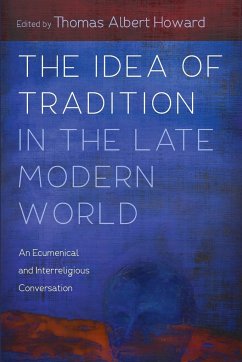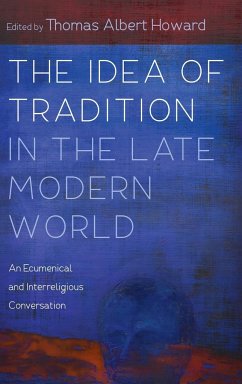This important new study examines Jesus as an idea of salvation, and not an individual, gradually constituted and modified over a considerable timespan. Author Arnold M. Rothstein shows that we know next to nothing about the actual existence of Jesus, all efforts to recover the history of this individual ending in failure. Even though there are those who dispute the messiahship and divinity of a Jesus, they do not doubt that he was a man, and a most unusual one at that. There is rarely a question that the story is built around a fact of history. The Jesus Idea does not begin with the usual presupposition of a human existence. Rather than the tacit assumption that "Jesus" constitutes the name of an actual person, this book presents the thesis of the Jesus, or salvation personified. According to Rothstein, Jesus exists purely as a portrait of supreme innocence and purity, a composite of traditions dating back to a legendary Israelite figure of the fourteenth century B.C.E. That proto-divinity - whose name means Yah as Salvation or Yah Saves or Helps - is known biblically as Yehoshua (Joshua) bin Nun, the renowned conqueror of the fabled Jericho, located in the geographical area then called Canaan, now Israel. Rothstein maintains that the theory of salvation, or yeshua, represents a syncretism of ideas and dreams optimistically embraced by humans in response to the wretchedness and misery experienced in life. Yeshua, the Hebraic concept from which the Greek name Jesus emerged, involved a recurrent hope among humans that "all things can be made anew". That hope provided the thematic material for the sketching of a portrait - an attempt to express representationally, in literal terms, whatwas essentially symbolic. Rothstein painstakingly examines the Gospels and other early Church writings, as well as non-Christian sources, for verification of a historical Jesus. Countering the approach that maintains if there is a historical Christendom, then there must be a historical central figure who established the movement, The Jesus Idea shows that the construction of a faith-community around a spectral figure is, in fact, part of the history of religions.
Hinweis: Dieser Artikel kann nur an eine deutsche Lieferadresse ausgeliefert werden.
Hinweis: Dieser Artikel kann nur an eine deutsche Lieferadresse ausgeliefert werden.








